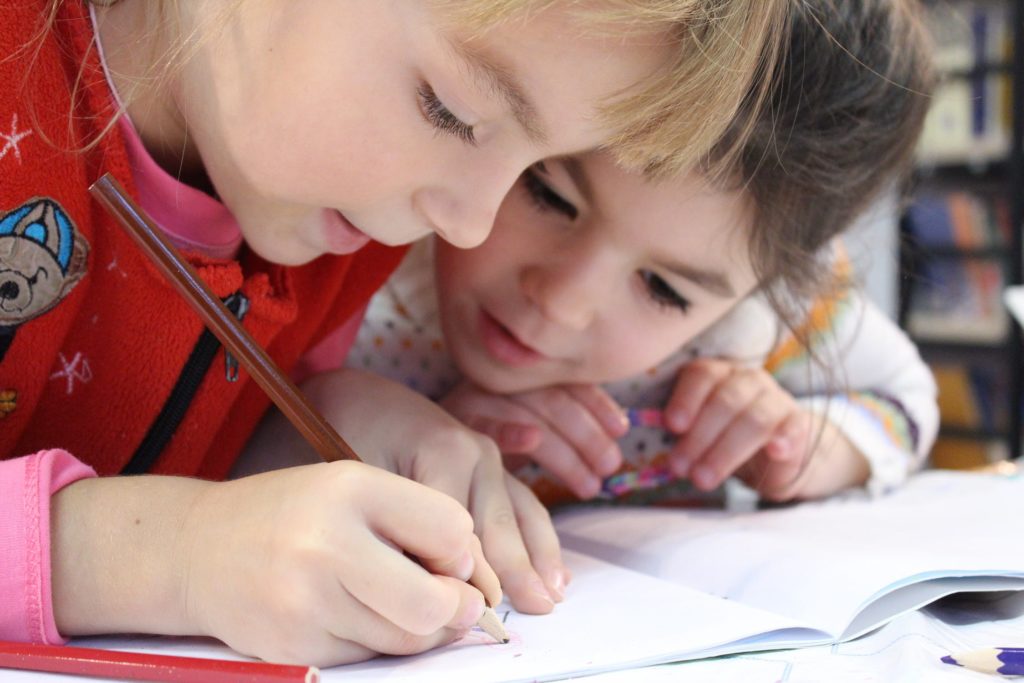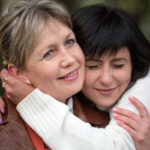Helping our Children Cope with Mass Trauma
Don’t we all wish we didn’t have to address the issue of how to help our children cope with mass trauma? If only our kids just had to worry about staying up past bedtime or what to say to their first crush. Instead they’re now having school drills in case of a mass shooting. According to The Guardian, just seven weeks into 2018 and we’ve already had seven school shootings. That’s pretty much one per week. As of May 18, 2018, there have been over 305 incidents, since 2013, in which a gun was discharged on a school campus in America, according to Everytown.
Neria, Nandi & Galea (2008) suggest that there is a particularly high prevalence of PTSD among directly exposed children. The prevalence of PTSD among exposed children was 38.4% at 1 month after the 1984 school playground sniper attack in Los Angeles (Pynoos et al. 1987), 27% at 3 months after the 1993 World Trade Center bombing (Koplewicz et al. 2002), and 18.4% at 6 months after the 9/11 terrorist attacks in New York City (Hoven et al. 2005).
Our children are suffering and it’s not just the ones who were hiding under their desks as bullets flew. Kids everywhere are waking up scared to go to school.

Some signs of PTSD in children are:
- Anxiety
- Depression
- Emotional numbing
- Avoidance of situations that trigger memories of the event
- Fears about death
- Social withdrawal
- Irritable, aggressive behavior
- Problems concentrating
- Difficulty sleeping/Nightmares
- Alteration in eating habits
- Becoming overly attached to parents and/or siblings
- Early use of substances, increased need for time with electronics, e.g., TV, video games, cell phones (or relapse in any of these)
- Younger children may also experience “time skew”. They may mis-sequence the events when recalling them. Because of this many kids believe that if they had been paying better attention they could avoid future trauma.
What parents can do:
- Listen to your child. Let them know they can talk to you about anything. If they want to process the event, let them do so. However, if they were directly impacted, resist the temptation to ask them to go through the details of their experience. Doing this can re-traumatize them. If you notice any of the behavior changes listed above, consider finding a family therapist so that you and your child can heal together.
- Talk to the school counselor & your child’s teacher. Keeping them abreast of your child’s issues will help them understand your child better and how to handle certain situations.
- Find a good therapist. Get recommendations from friends or the school counselor. Do your research and accept that it’s okay to get outside help. It may take a few sessions for your child to open up. This will be a new person for them. They need to see that this person will be there for them on a regular basis. It is always good to consider seeing a family therapist so that you can learn the tools to be there for your child in the long-term and be part of their healing.
- Intervention. Children and adolescents have different needs than adults. They are moving through emotional and maturational developmental stages at a rapid rate. It’s important to find an interventionist who specializes in children and adolescents and consider the whole adolescent, their biology, developmental stage, psychological make up, family and friend relationships and context. If you’re wondering if it’s time for an intervention, you can call our free service line and talk to our hotline manager (877) 229-5462.
- Remember your other family members. If your child is dealing with PTSD, the rest of your family is also affected. There’s no way around it. Accept that everyone is going to be feeling the stress and anxiety of having a loved one suffering. Keep the lines of communication open. Take time for joy. Take time to unwind.
- Self-care. No man is an island. You can’t carry this on your own. Can you take a daily walk? Cook a healthy meal once a week? You need to take some time for yourself. It’s the best way to be of help to everyone else.
We must find a way to end these horrible shootings. Until then, it is our job to make sure our children get the help they need. They are our future and we want that future to be filled with hope.
To learn more about what schools and communities can do to help children struggling with PTSD, check out the following links.
About ARISE® Comprehensive Care and Intervention for Young Children & Adolescents:
An ARISE® Adolescent Intervention for your child or teenager can help them get the help they need.
Adolescents and their families have different needs than adults. They are moving through emotional and maturational developmental stages at a rapid rate. We consider the whole adolescent, their biology, developmental stage, psychological make up, family and friend relationships and context.
An empathic, caring adolescent intervention that includes family members and the young Person of Concern in decision-making have proven an effective way to start the path to health and recovery.
Our Certified ARISE® Interventionists will work with your family over a period of at least 6 to 12 months to ensure that both your loved one and your family can learn more about the issues in a way that removes blame, shame and guilt and works on any underlying issues. Our goal is health and healing not just for your loved one but for the entire family.
Call our hotline for a free consultation today: 1-877-229-5462


